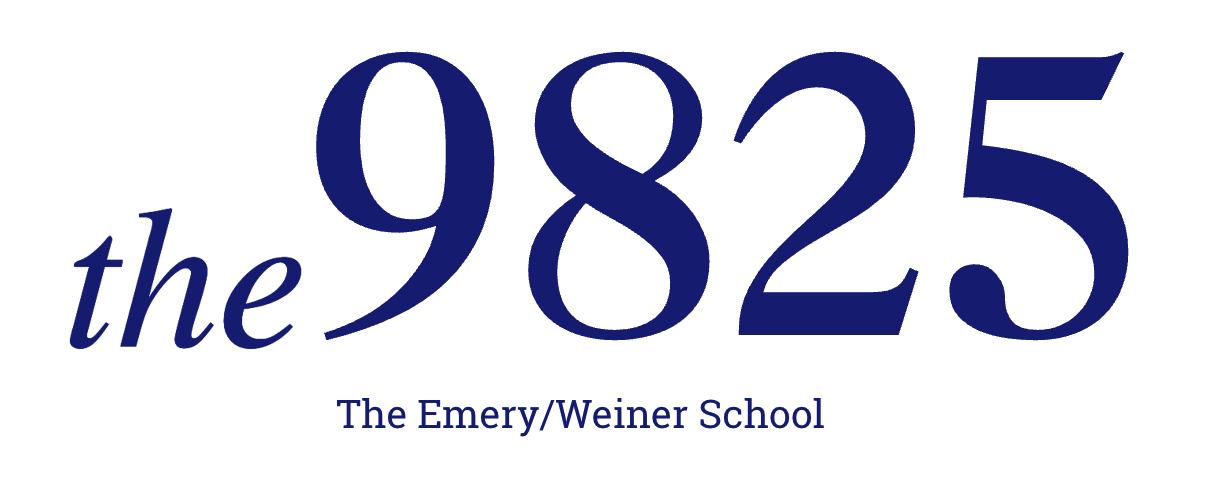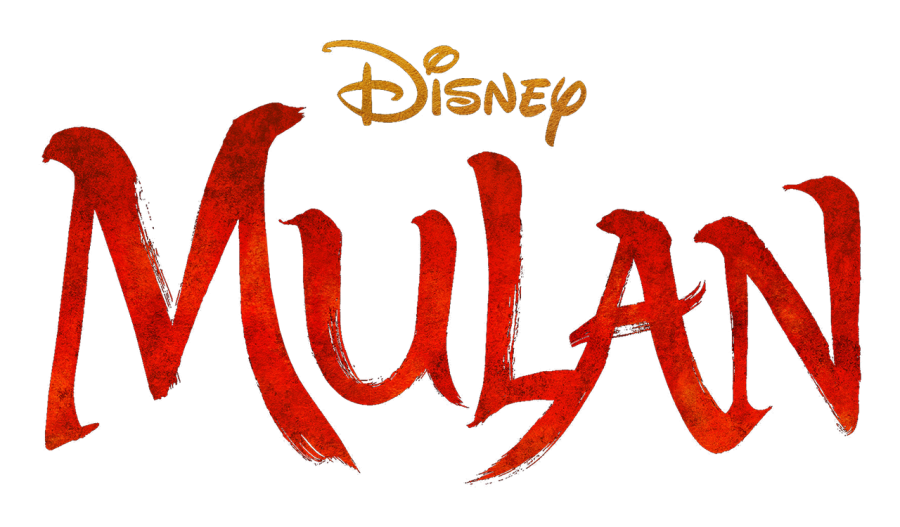Disney’s Mulan Controversy
October 9, 2020
American-made media and entertainment has long had to conform to China’s strict communist guidelines, or it will not be televised In a similar light to the National Basketball Association (NBA) and Comedy Central’s South Park. The new live-action remake of Disney’s Mulan has found itself in a similar predicament.
Disney first produced an animated version of Mulan in 1998. It depicts a young Chinese girl who takes the place of her father in the army in order to save his life. The 1998 film was a success and did not raise any red flags. However, the 2020 version of the film raised suspicion once the credits began to roll. Isaac Stone Fish of the Washington Post explains, “In the credits, Disney offers a special thanks to more than a dozen Chinese institutions that helped with the film. These include four Chinese Communist Party propaganda departments in the region of Xinjiang as well as the Public Security Bureau of the city of Turpan in the same region.” The issue with this is, the organizations listed are, “organizations that are facilitating crimes against humanity.” Fish is referring to, “More than a million Muslims in Xinjiang, mostly of the Uighur minority, have been imprisoned in concentration camps.”
Nick Givas of Fox News writes, “Disney‘s new live-action incarnation of “Mulan” is pure propaganda for China’s Communist Party, made to please government officials.” Likewise,
Rebecca Davis of Variety explains that, “Disney bent over backwards to create a live-action “Mulan” that would appeal to China.”
South Park creators Trey Parker and Matt Stone chose to keep their “Band in China” on air in the US despite the threat of its removal from Chinese television. While Parker and Stone decided to take their chances, Disney chose to err on the side of caution when depicting Chinese culture.
Faced with a similar dilemma, General Manager of the Houston Rockets’ Daryl Morey’s tweet in support of pro-democracy protesters led the Chinese government to pull the NBA from state television, costing the league hundreds of millions of dollars. Morey quickly offered an apology to China, in the best interest of the NBA and its estimated $1.5 billion relationship with China.
When asked whether or not they think the United States should tailor its media and entertainment to the liking of a country with strict entertainment guidelines, Emery students offered mixed opinions.
“No, I think with movies and TV shows the main revenue is coming from the United States so why should they make it less enjoyable just for the benefit of other countries. If they have to start monetizing and making TV shows and movies less enjoyable just for the sake of other countries, I don’t think it’s worth it. Our shows and movies are already being seen across the world and are having great success so I don’t think they need to change anything,” stated junior Justin Bolton.
Junior Maya Wolf thinks differently. “The US needs to produce new ways to make money because of the national debt that we are in, and by making those kinds of ties with China they have the ability to do that,” said Wolf.
Senior Aidan Feldman kept it short and sweet, saying, “I don’t think they should edit their movies and TV shows.”
The issue Disney is faced with is quite clear. Their decision is even more obvious. Choosing money rather than creating political and social turmoil with China seems to have been the smoothest road to travel. Maybe they were trying to avoid the same mistakes made by other reputable media outlets, or perhaps they understood the value in creating a movie open to such a large market in China. Either way, Disney’s sensitized version of Mulan has ruffled feathers on both sides of the debate.

